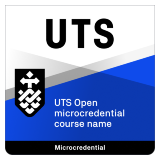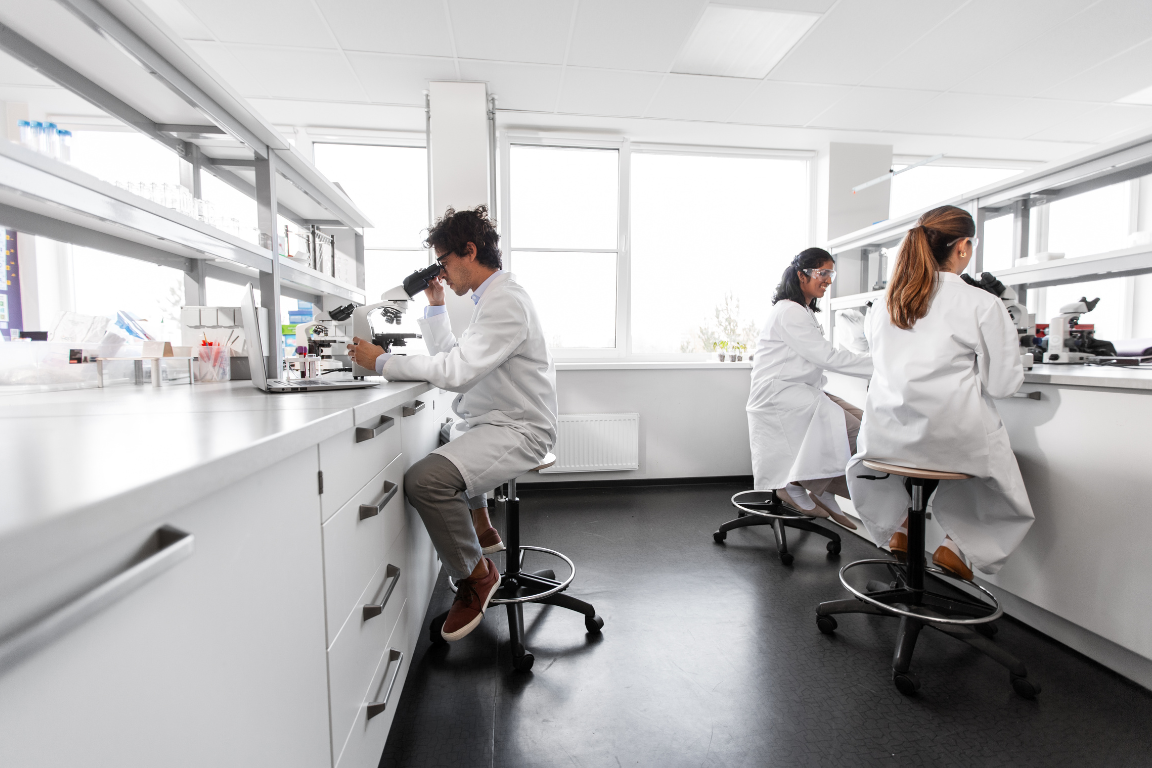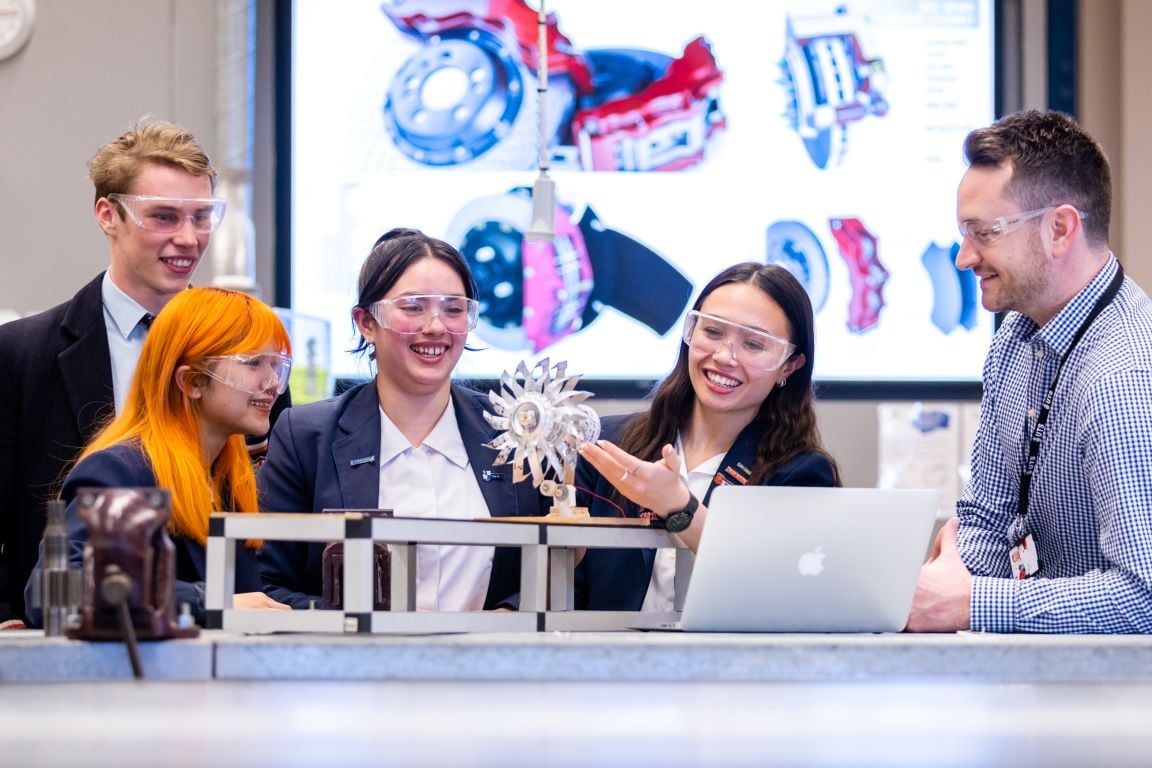In order to pass this course, participants need to achieve at least a 50 per cent grade overall, across the two assessment tasks. The final grade will be the weighted average of the two assessments, as indicated below:
Task 1: Knowledge and progress quiz (weighting - 40%)
This assessment, composed of multiple choice and short answer questions is designed to assess understanding of the content and provide feedback, enabling a review of course content and a reflection of progress.
Task 2: Scenario-based report (60%)
This assignment is designed to demonstrate knowledge and understanding of the principles behind the sterilisation techniques used in manufacturing of pharmaceuticals and food products under aseptic conditions. Furthermore, in this assessment participants will have the opportunity to demonstrate their knowledge of the microbial spoilage of pharmaceutical products like injectables/ parenterals and solid-dosage forms and strategies to eliminate microbial contamination in products for human consumption.


















